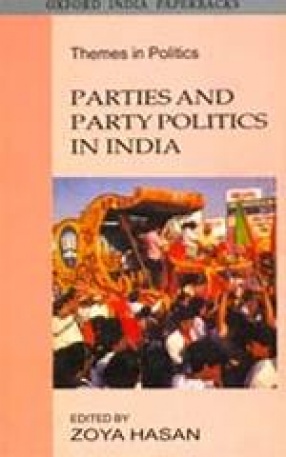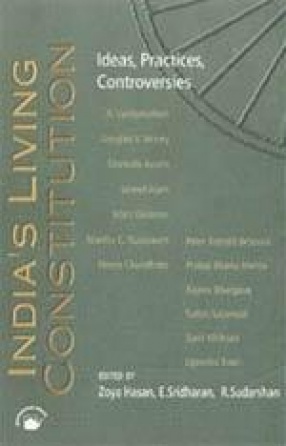Bestseller
Transforming India: Social and Political Dynamics of Democracy
Synopsis
Fifty years after independence, leading scholars of contemporary India come together to take stock of the country's experience of democratic functioning. Conceptualized as a set of interactions between liberal ideas and institutions on the one side, and hierarchical social structures and heterogeneous cultures on the other, democratic forms of governance in India have unleashed profound transformations which the essays in this volume seek to analyse and understand. Among the transformations discussed are the electoral upsurges of historically marginalized groups to create a 'political democracy of castes'; the autonomous mobilization of lower castes and dalits in competition with each other and in opposition to upper castes in order to assert social equality and capture state power; the corruption in institutions of governance; tendencies towards regionalization; the fragmentation of national political parties; tensions and violence between Hindus and Muslims; and the increase in inter-state disparities on account of economic reforms. The role of the electronic media, the police, and the judiciary as countervailing forces at the all-India level are also examined. The book ends by addressing current debates on the implications for democratic principles of protecting minority rights, on Hindutva and Sanskritic cultural definitions of Indianness, and whether a parliamentary or a presidential system is best suited to India.
Read more
Not available
BECOME A MEMBER










Bibliographic information
Rajeev Bhargava
Zoya Hasan